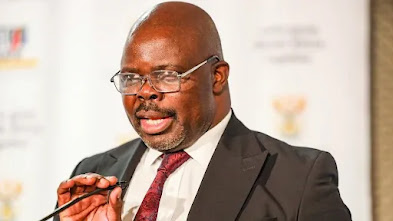Compounding the crisis, NSFAS has missed crucial deadlines and failed to open applications for the 2024 academic year, leaving students in limbo. Dlanjwa highlighted the plight of students whose appeals have gone unanswered since February, putting additional strain on their ability to focus on exams and academic requirements.
The SAUS has issued a deadline for Higher Education Minister Blade Nzimande to respond to their demands and take decisive action within the next seven days. Failure to do so may lead to further advocacy efforts, including appealing to President Cyril Ramaphosa for ministerial removal, as the union believes Nzimande is failing the education sector.
In response to the growing crisis, NSFAS issued an apology to all affected students, acknowledging the delays in allowance disbursement. The situation has raised concerns about a potential collapse of NSFAS, with spokesperson Asive Dlaniwa warning that the entity appears to be on autopilot, lacking direction and governance.
Deputy President Paul Mashatile announced a proposed new NSFAS funding model that aims to address issues such as the "missing middle." Investigations into problems with the direct payment system and the appointment of service providers are underway, following recent allegations of corruption and the dismissal of CEO Andile Nongongo.
As South African students face an uncertain future with NSFAS, the call for urgent government intervention becomes increasingly critical to prevent the collapse of a vital financial aid system designed to support those most in need.
Written by
Malatjie Funky Remember, Multimedia Journalist


Comments
Post a Comment